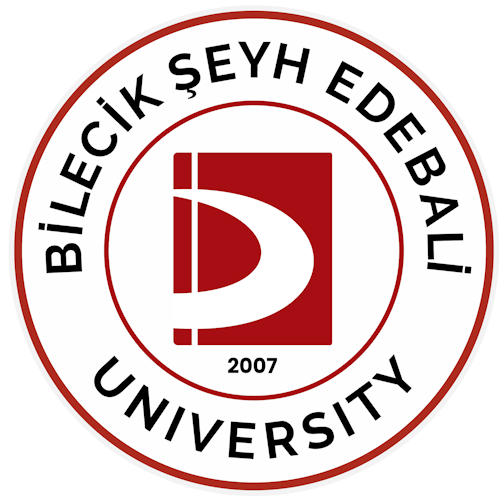QUALİTY ASSURANCE SYSTEM
Quality Assurance System
15 Kasım 2024 Cuma1.1. Reflection of Values
It is aimed to raise individuals with high tourism knowledge and awareness. These goals are supported by both the curriculum and scientific studies in line with the mission and vision determined in the Strategic Plan for 2017-2021
1.2. Strategy Reflection
Tourism Management Undergraduate Program targets are determined in line with the mission and vision, and scientific and academic activities are planned in line with these targets. Sector meetings, career panels and technical trips are organized to train individuals with the potential to meet the need for qualified labor. As a result of these trips, both sectoral information and theoretical information about the field are collected in a single pool and coordinated between students and sector representatives. In this context, activities that can verify target strategies are planned.
1.3. Mission Differentiation
To train tourism personnel and managers who can meet the expectations of Bilecik-Eskişehir and Bursa regions, which have a rich historical, cultural and natural heritage and have recently been in high demand by local and foreign tourists.
1.4. Balances
The human resources of the program are distributed in a balanced manner in various boards and commissions and are operated effectively. This balance is tried to be established through cooperation between stakeholders, considering the quality process within the scope of mission-oriented management in the use of physical resources, classrooms, technological structure and application areas.
1.5. Quality Policy
In the field of Tourism Management and Hotel Management;
– Addressing stakeholders’ quality expectations and service satisfaction perceptions,
– Producing solutions to the expectations and needs of the tourism industry based on stakeholder feedback,
– Using public resources effectively and sustainably,
–To establish a quality management system that aims for continuous development and improvement in the region by closely following the developments in the tourism industry at national and international levels.
1.6. Quality Deployment
Tourism Management Undergraduate Program continues continues the necessary academic studies to evaluate its distinguished research, studies, achievements and services, to announce its activities to the public at the end of the year and to encourage program’s students to employment in tourism industry.
1.7. Internalization
It is planned to create an institutional alumni information form that will enable a long-term communication with students who graduated from the program throughout their careers.
The program aims to socialize students and to raise individuals who reflect tourism awareness in the context of human development through elective courses such as Social Responsibility, Ethics in Tourism, Drama, Tourism and Environment, etc. In this sense, it is planned that the survey results obtained from graduate students within the scope of the Bologna process will include differentiations and improvements in the elective course list.
1.8. Compliance
The Tourism Management Program is determined the quality policy which stands in the Strategic Plan for 2017-2021 in line with the university.
1.9. Integration
Tourism Management Undergraduate Program does not yet have applications such as program accreditation, Laboratory accreditation and Quality standards (ISO 9001, ISO 14001, OHSAS 18001, ISO50001 etc.), award processes (EFQM).
1.10. Strategic Integration
An integration path in line with the department's strategic plan, mission, vision, goals and objectives are followed through transparent, accountable, sustainable and balanced methods.
1.11. Performance Indicators
The Strategic Plan of the program for 2017-2021 includes 15 indicators regarding academic, education-training, human resources and stakeholder-related goals.
1.12 Key Indicators
There are key performance indicators. These indicators are determined under the name of performance target table. These are being followed within the scope of 2018 final performance program.
1.13. Program Culture
Tourism Management Undergraduate Program reflects the program culture in a way that combines quality management assurance, ethical values, mission and vision.
1.14. Internationalization
It is aimed to develop collaborations with tourism enterprises and organizations in order to increase the visibility and acceptance of Tourism Management Program at the international level.
In this context, Erasmus agreements are carried out for program students. There is an internship agreement with 5-star hotels in 3 different destinations in Spain. The total number of students who went for the internship programs in the last two years is 7.
1.15. Monitoring
- Participation in national and international student & staff mobility programs,
- Participation in national and international fairs is provided.
1.16. Collaborations
Tourism Management Program has Erasmus education collaborations in European countries and Erasmus internship collaborations in Tourism Enterprises on international platforms.
